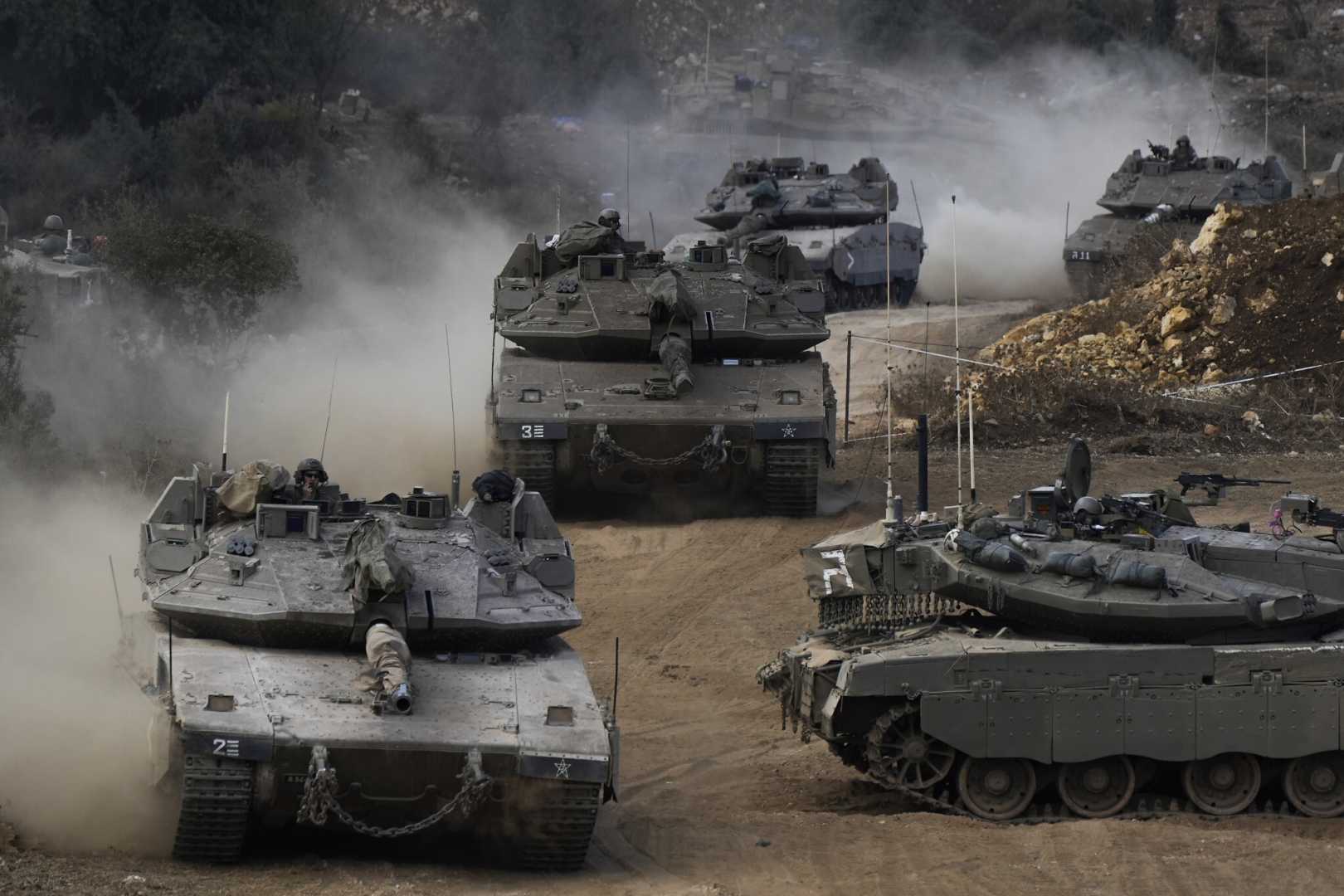News
Escalation in Middle East Conflict: Israel’s Ground Operations in Lebanon

In a significant escalation of long-standing hostilities, Israel has initiated a ground invasion into southern Lebanon as tensions with Hezbollah continue to intensify. This strategic move follows an Israeli airstrike on September 30th that killed Hassan Nasrallah, the leader of the Hezbollah group backed by Iran.
The Israeli Defense Forces (IDF), in statements on October 1st, confirmed the commencement of “limited, localized, and targeted ground raids” aimed at dismantling what they have described as Hezbollah’s “terrorist infrastructure”. These operations involve direct combat with Hezbollah fighters in various southern Lebanese localities, including Adaisseh, Kafr Kila, Maroun al-Ras, and Yaroun, according to Hezbollah officials.
Israel’s military operations come in the wake of nearly a year of heightened cross-border tensions, significantly exacerbated by the ongoing war in Gaza. Over the past three weeks, Hezbollah has launched multiple rocket attacks into northern Israel, which have sparked fears of a broader regional conflict. In retaliation, Israel has conducted extensive aerial bombardments across southern Lebanon, reportedly resulting in over 1,000 deaths and the displacement of up to a million people, as per Lebanese authorities.
The current military escalation expands Israel’s frontlines across the region amidst ongoing tensions in Syria and more widespread confrontations involving Iranian-aligned groups throughout the Middle East, including in Gaza, Iraq, Yemen, and beyond. Notably, Israel has accused Iran of escalating the situation further by launching ballistic missile attacks, which Prime Minister Benjamin Netanyahu called “a big mistake” that Iran “will pay for”.
Within the context of this escalating conflict, civilian life in Lebanon has been severely disrupted. The IDF has issued evacuation orders for residents of southern Lebanese villages, urging them to move northward beyond the Awali River. The heightened military activity, including aerial strikes on Beirut’s densely populated suburbs, continues to drive a humanitarian crisis, with essential infrastructure, including hospitals, overwhelmed by casualties.
Globally, international responses have varied. The British Foreign Secretary, David Lammy, has called for a ceasefire and emphasized restraint in the region during diplomatic efforts in Bahrain and Jordan. Meanwhile, differences between Washington and Tel Aviv have emerged, with the U.S. urging Israel to avoid further escalation, particularly in regards to potential strikes against Iranian targets.
The complexities of the terrain in southern Lebanon, combined with Hezbollah’s possible network of tunnels, present substantial challenges for the IDF’s operations. This hostile environment bears the risk of potentially prolonging the conflict, a sentiment echoed by Lebanese civilians who have witnessed the devastation firsthand and face uncertain prospects amid this escalating regional war.












